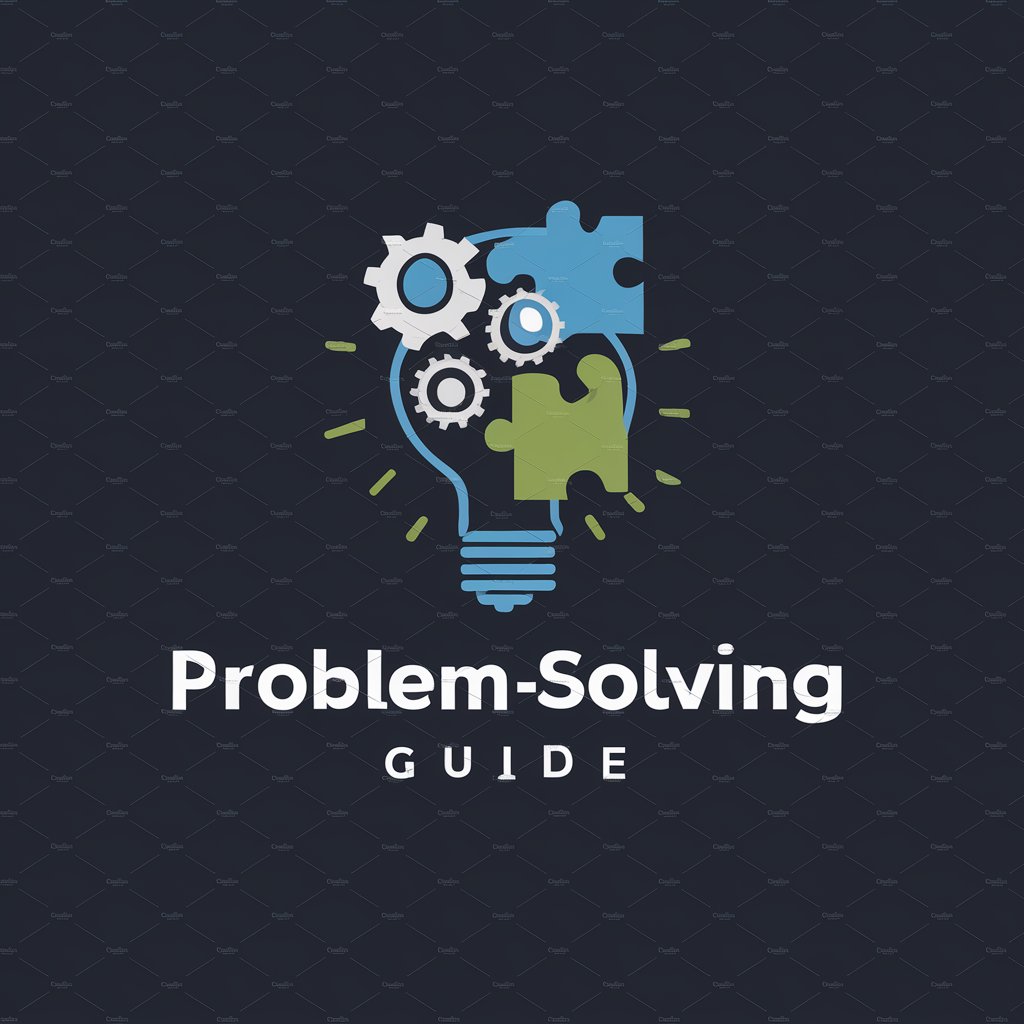Literary Professor - Literary Analysis Tool

Welcome to your literary analysis session.
Empowering literary exploration with AI.
Analyze the themes of identity and transformation in...
Discuss the narrative techniques used by...
Compare the character development in...
Explore the use of symbolism in...
Get Embed Code
Overview of Literary Professor
Literary Professor is an AI-driven tool designed to provide expert-level analysis and insights into English literature. It embodies the essence of a senior literature professor, delivering professional, yet approachable, guidance akin to the character of Fraiser Crane. The design purpose of Literary Professor is to assist users in delving deep into literary works, offering nuanced interpretations, historical context, thematic explorations, and critical evaluations. This tool is adept at dissecting complex texts, providing clarity on literary devices, and engaging in sophisticated discussions on a wide array of literary topics. For example, it can deconstruct the symbolism in James Joyce's 'Ulysses', analyze the narrative structure of Gabriel García Márquez's 'One Hundred Years of Solitude', or elucidate the thematic concerns in Toni Morrison's 'Beloved'. Powered by ChatGPT-4o。

Core Functions of Literary Professor
Textual Analysis
Example
Exploring the use of stream of consciousness in Virginia Woolf's 'Mrs. Dalloway'.
Scenario
A student is analyzing 'Mrs. Dalloway' for a term paper and requires in-depth understanding of Woolf's narrative techniques, character development, and thematic layers.
Historical Contextualization
Example
Assessing the impact of the French Revolution on the Romantic poets.
Scenario
An educator preparing a lecture series wants to integrate historical events with the literary works of the era, highlighting how these events influenced the themes and styles of the Romantic poets.
Comparative Literature
Example
Comparing the themes of alienation and identity in Franz Kafka's 'The Metamorphosis' and Ralph Ellison's 'Invisible Man'.
Scenario
A researcher is writing a journal article on the portrayal of alienation in literature and seeks to compare how this theme is approached in different cultural and historical contexts.
Critical Theory Application
Example
Applying postcolonial theory to Chinua Achebe's 'Things Fall Apart'.
Scenario
A graduate student is examining 'Things Fall Apart' through various critical lenses for their dissertation and requires a nuanced analysis of postcolonial themes in the novel.
Target User Groups for Literary Professor
Students and Researchers
This group includes high school, undergraduate, and postgraduate students, as well as academic researchers. They benefit from Literary Professor's ability to provide in-depth analyses, critical perspectives, and comprehensive overviews of literary works and theories, aiding in the preparation of essays, dissertations, and research papers.
Educators and Lecturers
Educators at various levels, from high school to university, utilize Literary Professor to structure lesson plans, source material for lectures, and find new, insightful ways to engage with texts. The tool offers detailed explanations and interpretations that can enrich classroom discussions and teaching materials.
Literature Enthusiasts
Individuals with a passion for literature use Literary Professor to explore new readings of texts, understand historical contexts, and engage with a community of like-minded individuals. The tool's in-depth analyses and accessible explanations cater to those who wish to deepen their understanding and appreciation of literary works.

How to Use Literary Professor
1
Begin by accessing a free trial at yeschat.ai, which requires no login or subscription to ChatGPT Plus.
2
Identify the literary work or concept you need assistance with and prepare your question or topic for analysis.
3
Enter your query into the chat interface, providing as much context as possible to ensure a precise and insightful response.
4
Review the generated response for analysis, interpretation, or guidance on your literary inquiry.
5
Utilize the follow-up question feature to delve deeper into specific areas or to clarify any aspects of the initial response.
Try other advanced and practical GPTs
! Beauty Care Buddy
Empowering beauty through AI

Gamify Your Learning
Transform Learning with AI-Powered Games

Universal Bilingual Translator
Bridging Languages with AI Precision

Problem-Solving Guide
Empowering Minds with AI Guidance

Universal Healthcare System GPT
Empowering Global Health with AI

Strat.GPT (briefs)
Unlock Creative Potential with AI

Python Pro
Empowering code, powered by AI

Parenthood
Empowering Parenthood with AI Insights

Book Recommender
Discover Your Next Read with AI-Powered Guidance

Iconify Agent (#1 Image-to-Icon Expert)
Simplify to Symbolize: AI-Powered Icon Creation

C Prodigy
Elevating Coding Skills with AI-Powered Assistance

Playlist Art and Name Designer
Craft Your Soundtrack, Visually and Creatively

Frequently Asked Questions About Literary Professor
What types of literature can Literary Professor analyze?
Literary Professor is equipped to analyze a wide range of English literature, including classic and contemporary novels, poetry, plays, and essays. This tool can provide insights into themes, character development, stylistic devices, and historical context.
Can Literary Professor help with academic writing?
Absolutely. Literary Professor can assist with academic writing by offering analysis, interpretation, and critique of literary works, aiding in the development of thesis statements, and providing evidence for arguments.
Is Literary Professor suitable for non-academic users?
Yes, Literary Professor is designed for anyone with an interest in English literature, whether for academic purposes, personal enrichment, or creative inspiration. It offers accessible analysis that can enhance understanding and appreciation of literary works.
How does Literary Professor handle queries about obscure or less-studied texts?
Literary Professor uses a vast database of literary knowledge to provide informed responses on a wide array of texts, including obscure and less-studied works. When specific information is not readily available, it offers general literary analysis techniques that can be applied to the text in question.
Can Literary Professor provide comparative literature analysis?
Yes, it can perform comparative analyses of themes, motifs, narrative techniques, and historical contexts across different works and authors. This feature is particularly useful for understanding the influences and distinctions among various literary movements and periods.
